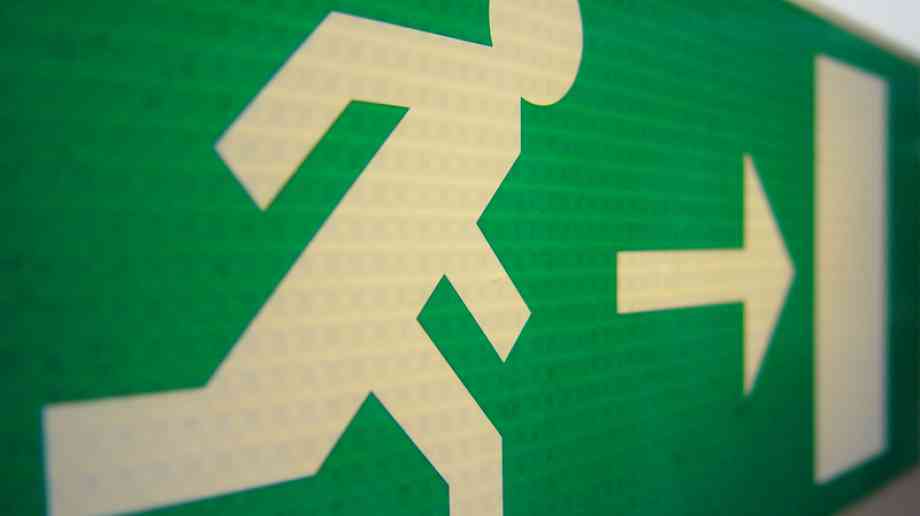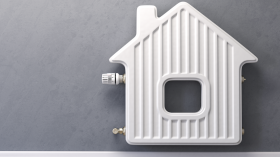Sue Robb of 4Children talks to Julie Laughton and Alison Britton from the Department for Education about the role of childminders in delivering the 30 hours free entitlement.
MPs want the government to end cladding nightmare

The Housing, Communities and Local Government Committee has said that the government must commit to ensure that all buildings with ACM cladding should be fully remediated of all fire safety defects.
Ahead of the third anniversary of the Grenfell Tower fire there are still 2,000 high risk residential buildings with some form of dangerous cladding. The consequences for home owners have been devastating, with properties becoming unmortgageable and unsellable. Many residents continue to pay hundreds of pounds a month for waking fire watches and face bills of tens of thousands of pounds for remedial work fix fire safety issues.
The Housing, Communities and Local Government Committee says that government support will fall far short of what is needed to carry out remedial work on all buildings that currently have dangerous cladding and other fire safety issues, including inadequate fire doors or missing fire breaks.
The £1 billion Building Safety Fund to remove combustible non-ACM cladding from buildings above 18 metres is likely to only be sufficient to cover the cost of removal from a third of the 1,700 buildings needing remediation. Stringent rules on applying to the Fund, including a short application window and restrictions against social housing providers, risks leaving many unable to access vital funding.
MPs are calling on the government to make an absolute commitment to ensure that all buildings of any height with ACM cladding should be fully remediated of all fire safety defects by December 2021. Additionally, buildings with other forms of dangerous cladding should have all fire safety defects removed by June 2022. The committee says that the government must accept that the £1 billion pledged so far will be insufficient and be prepared to meet the cost of what will be necessary to make sure buildings are safe.
Clive Betts, chair of the committee, said: “We have challenged the government to finally commit to removing all forms of dangerous cladding once and for all. Three years on from the Grenfell Tower disaster there are still thousands of home owners living in buildings with some form of dangerous cladding. The financial and emotional toll has been significant, with temporary safety measures costing huge sums and the ongoing stress of living in a property that may not be safe. This is not good enough.
“It is clear that the £1 billion Building Safety Fund will not be enough. Too many risk being excluded by the criteria for accessing this support and the amount of money pledged is only enough to cover a fraction of the work needed. The Fund should be increased so that it is enough to cover the amount of work that is actually needed, both to remove cladding a resolve wider fire safety concerns. Further support must also be provided for the costs of stop-gap safety measures, such as ‘waking watches’, to reduce the burden on homeowners.
“This should not just be a question of the government, and therefore the taxpayer, stepping in with a blank cheque. Those who have caused, and in some cases refuse to rectify, safety issues must be made to pay. We call on the government to consider taking legal action to recover the cost of works on individual buildings. Compulsory Purchase Order powers should be used to take direct ownership of buildings where owners have failed to begin remedial work by December 2020.”
Company Focus
The Isuzu D-Max is a rugged workhorse that can fulfil a myriad of purposes as both a business and personal vehicle. Consequently, the D-Max is a particularly popular choice when it comes to farming, construction, and trade industries. Uncompromising in nature, the D-Max strives to be the ideal companion for many business needs.
Event Diary
UKREiiF has quickly become a must-attend in the industry calendar for Government departments and local authorities.
The multi-award-winning UK Construction Week (UKCW), is the UK’s biggest trade event for the built environment that connects the whole supply chain to be the catalyst for growth and positive change in the industry.
Supplier Profiles
Geo Energy
At GeoEnergy Design, we're on a mission to disrupt the traditional way heating and cooling ha
Latest Features
Professor Harith Alani, director of the Knowledge Management Institute at the Open University explains how AI can be used for good and bad.
Alex Lawrence, head of health & social care, techUK sets out techUK’s Five Point Plan for CareTech.

















